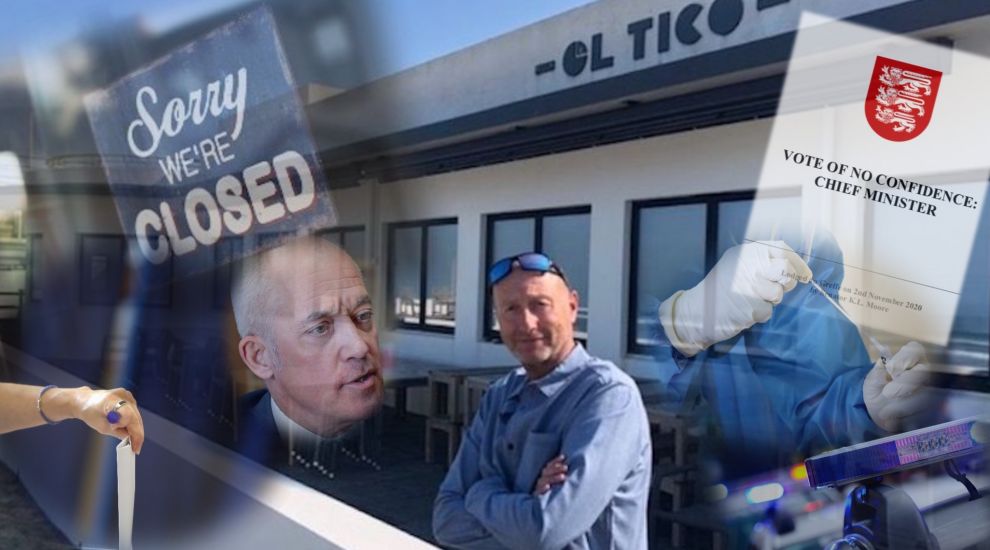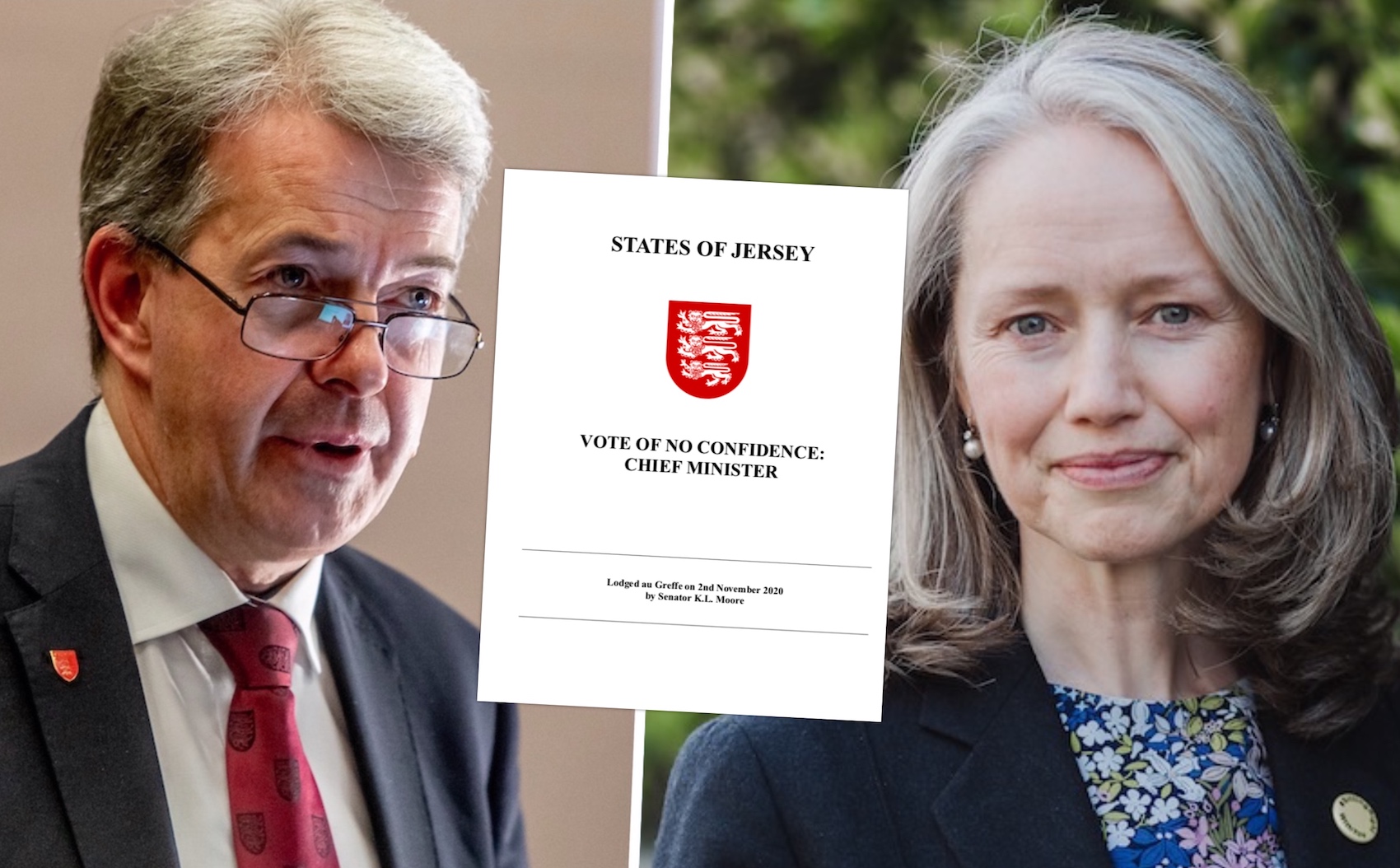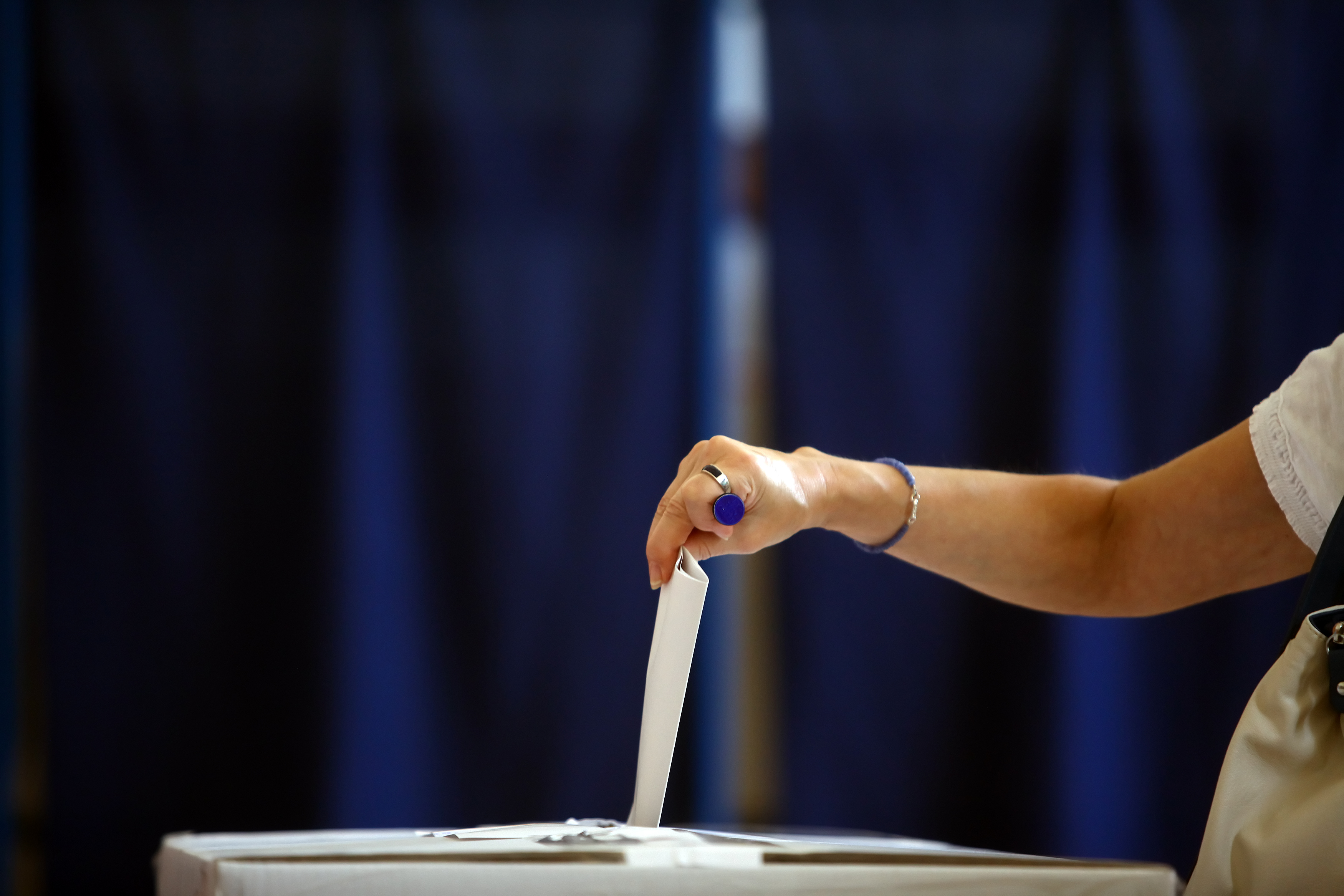


From the vote of no confidence to debates over a 20-year-old political reform issue…a local restaurant owner examines the issues that may have distracted Government at the crucial moment the second wave of Jersey’s covid crisis exploded.
Still reeling from the closure of hospitality businesses without planned financial support, El Tico’s Andrew Hosegood had this to say…
"Back in April, during the early days of the first lockdown, I wrote about the emotional and financial challenges being faced by the hospitality industry and its employees.
It was obviously an incredibly tough time which nobody could have foreseen and, being businesses’ whose success is reliant upon the close association of groups of people, it was inevitable that the industry would bear the brunt of the effects of the lockdown.
For many in the industry, it was a frightening, and emotionally shattering, experience to be instructed to close otherwise successful businesses, not knowing how long the lockdown would last. Indeed, many still don’t know the full costs, financially or emotionally, of that first lockdown. Most businesses however, showed incredible resilience, innovation, and sheer determination to survive, but only really did so because of the hard work of their amazing teams. Guidelines were followed, stringent cleaning regimes were implemented, numbers were limited, and ultimately, customers and staff were kept safe.
With the advent of Jersey’s own second wave however, licensed businesses, who make up the bulk of the industry, have once again been forced to shut down, whilst a number of institutions have been tacitly blamed by the media (and the usual online lynch-mob) for the sudden escalation in covid-19 cases. Not only does this feel like the industry as a whole is being punished for the (supposed) actions of the few, but also that this punishment is being exacted at the worst possible time of year, when not only do the restaurants and bars make a fair percentage of their annual profits, but where the knock-on effect is felt particularly heavily in ancillary businesses such as wholesalers, suppliers, taxi drivers and such.

Pictured: The closure of many hospitality businesses has had a knock-on effect for other businesses, such as taxi drivers.
The overwhelming feeling is that there has been little true appreciation in the government of the importance of December on businesses’ annual finances.
Jersey’s hospitality business can be compared to a three-legged stool. The three legs are Spring, Summer and Christmas trading. This year, Spring trading was devastated by the first Lockdown. Where businesses were able to adapt to new regulations, Summer trading helped stabilise things. Now that the Christmas “leg” has been removed, it is not too much of an exaggeration to expect many to go out of business.
For the Government to announce the closure without a viable financial assistance plan was unforgivable. The Co-Funded Payroll Scheme, which was eventually put in place was very welcome, however paying a percentage of an employee’s wages up to a monthly limit of £1,600 (which is, incidentally, below the Government’s much trumpeted 'Living Wage' for an average 42-hour working week) for only one month, is woefully insufficient, especially when businesses are still expected to pay the Employers’ 6.5% Social Security Contribution.
In light of the assistance being offered, this might seem ungrateful, however in order to ensure the long-term viability of much of the hospitality industry, the Government needs to take the position of insurers, providing full Business Interruption cover for those businesses they have instructed to close. Without that level of support, there may well be little left when Jersey’s tourism industry starts to see a recovery in 2021.

Pictured: The Government should be taking the position of insurers, providing full cover for businesses instructed to close.
What is particularly infuriating is that the island was starting to recover so well during the summer, when covid cases were down into single digits. One has to question, who is responsible for us ending up in our current predicament?
First in line are a number of self-consumed politicians who in November saw an opportunity (no doubt more concerned with burnishing their personal images, than the health of the wider population) to attempt to topple the Chief Minister and what appeared to have been a very capable CEO. This was shortly after October half-term, when we were just starting to see an escalation in the number of positive tests. That vote of no confidence must have been a major distraction within the senior leadership of Ministers and civil servants when they should have been totally focused on the unfolding threat in front of us. Yes, we live in a democracy, but there are times to focus, and there are times to play political games. The overwhelming majority of the public must appreciate which of those times we are in?
Secondly, despite their undoubted best efforts, the track and trace teams, because of the rate of surge in cases, appear to have lost control, and appear to have been unable to provide and disseminate sufficient data to help contain it. Were they underfunded, under-resourced, and under-staffed at a critical stage, because politicians were arguing amongst themselves about who should be boss?
Thirdly, despite rapidly increasing numbers, there appears to have been a complete failure of the authorities to police their own guidance, and to deal with venues not adhering to the rules. Were politicians once again too busy arguing about the no confidence vote to really understand what was going on in the community, and direct proper resources to enforcing anti-covid measures/guidelines?

Pictured: The attempt to topple the Chief Minister was an unhelpful distraction at a time when covid numbers were starting to creep up.
Whilst it is of course easy to point the finger at authority figures and their inability to control the spread, it must also be said that certain individuals have acted with complete disregard for the rest of the population, holding large private parties which have caused disproportionately large clusters of infection. It can only be hoped that in more rational times, these people will reflect on the damage they have wrought to local businesses, and the population’s enjoyment of the Christmas period.
But possibly the most appalling demonstration of political ineptitude occurred on the 3rd of December. In a week when the covid-19 numbers were exploding and businesses were being instructed to close, with the inevitable loss of jobs and livelihoods to follow, States Members spent their valuable time discussing a 20-year old political reform issue. At a time when our representatives should have been laser-focused on protecting our health, our economy, our jobs, and our futures, they were talking about themselves. A more egregious, and frankly insulting, abrogation of responsibility is difficult to imagine.
Given that every hospitality business rests within a parish that has at least one Deputy, how many of our political representatives one wonders, found the time to ask how their Rate payers’ businesses were fairing? How secure were employees’ jobs? What feedback there was to help shape economic policy to get us out of this lockdown? What support businesses might need? I would guess deafening silence.

Pictured: In the week when covid numbers were exploding and businesses were being told to close, States Members discussed electoral reform.
The most important thing that is required for the industry to survive is for politicians to truly understand exactly what financial damage is unfolding in front of their eyes, and to take the action that is required.
Fiddling whilst Rome burns can’t continue to be an option."